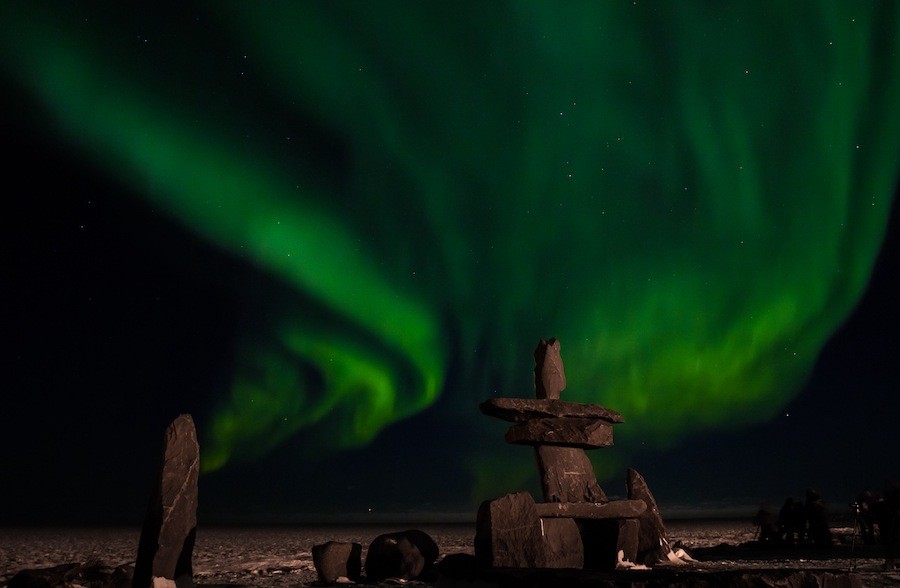Indigenous tourism has made great strides over the past decade where experience providers invite guests to gain an understanding of their culture and traditions.
An increasing interest in sustainable tourism and reconciliation presents an opportunity for First Nations communities to share their range of expertise with visitors from around the world.
With heightened demand for culturally immersive experiences, “many communities have undertaken tourism development activities to support cultural revival, intercultural awareness, and economic growth. This growth brings jobs and career opportunities for Indigenous people at all skill levels.”
Notably, Indigenous tourism experiences have grown in both demand and popularity. And as communities move away from resource extraction, a larger focus on community-centric and sustainable tourism is the way forward, with Indigenous tourism leading the way.
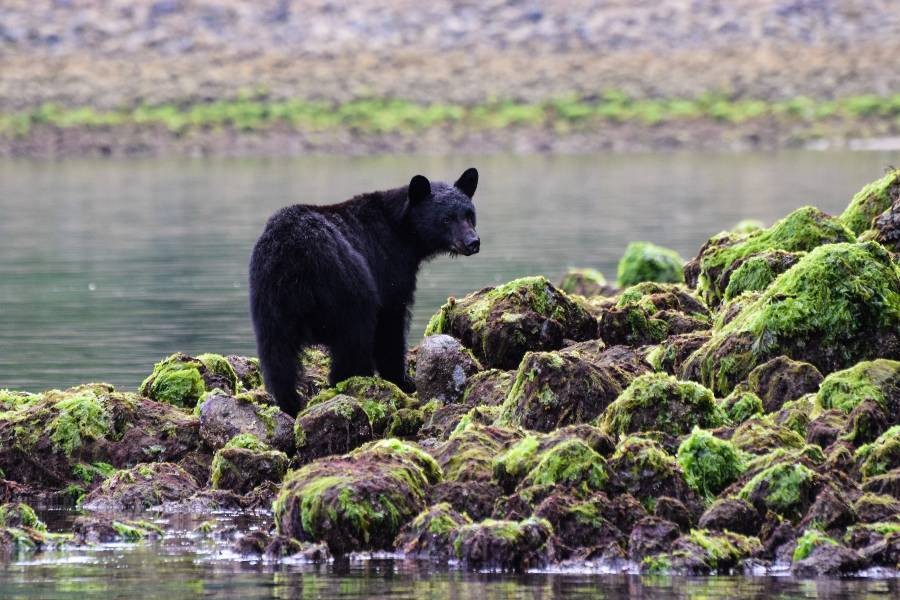
What is Indigenous Tourism about
Indigenous-led tourism acts as a revenue source for the community through the sharing of local culture and environmental stewardship, as guided by First Nations.
“Indigenous Tourism is defined as a tourism business majority-owned, operated and/or controlled by First Nations, Métis or Inuit peoples which demonstrate a connection and responsibility to the local Indigenous community and traditional territory where the operation is based.”
Thankfully, operators have more say in which elements of their culture they share, as noted in the Indigenous Cultural Tourism Protocol.
Going forward, “no longer are Indigenous Peoples and their cultures objects of interest in the tourist trade – they are the operators and as such, they manage which aspects of their culture are shared and which are held back.”
Plus, some of the most popular summer activities — including outdoor recreation and wildlife tourism — are two areas Indigenous operators can offer a wealth of knowledge and expertise. And, those in the solo travel market seeking adventurous and personalized experiences may view this as a compelling option.
How does Indigenous tourism impact communities
Indigenous-led tourism fosters reconciliation while providing guests with a deeper understanding of a culture other than their own.
On another note, the connection between tourism and Indigenous peoples offers a more holistic outlook on environmental stewardship for operators and visitors, alike.
It’s also worth mentioning how “in Canada, the uptick in Indigenous-led wildlife tours and community-based cultural experiences reflects the growth in this market. Both domestic and international tourists are increasingly drawn to Indigenous culture.”
Providing Indigenous communities with an outlet to share their knowledge and traditions is immensely valuable. As tourism stakeholders, Indigenous experience providers are tasked with “protecting and respecting the cultures of indigenous people, their rights and their ancestral traditions,” according to the UNTWO’s Global Code of Ethics.
Indigenous tourism contributes to a sustainable future for travel given the “increased demand for wide-open spaces, eco-tourism, slow travel, and engaging with local communities”
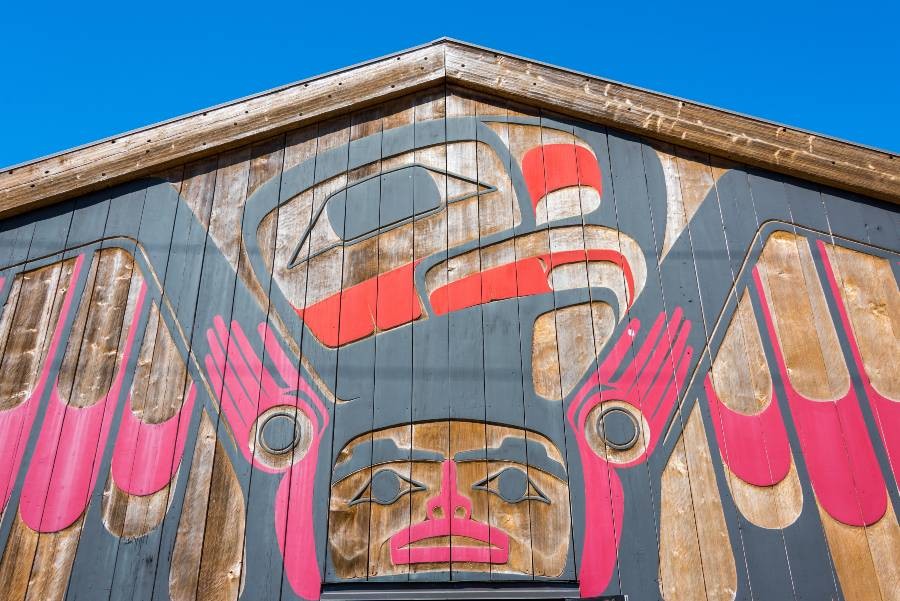
Some may wonder whether the advantages of Indigenous tourism outweigh the impact on the local communities where operators are based.
Naturally, guests presented with an understanding of Indigenous culture will also discover the value of the environment around them.
And, Indigenous-led tourism can encourage visitors to better understand the path towards and participate in activities that support reconciliation.
What are the advantages of Indigenous-led tourism?
- Expanding awareness of Indigenous culture
- Hiring local community members
- Highlighting the local community
- Preserving traditions
- Promoting reconciliation
- Supporting local entrepreneurs
- Strengthening cultural and community connections
- Teaching new skills to young people
- Encouraging revitalization of the land
Some of cultural tourism challenges include:
- Commodifying an experience
- Guarding heritage sites
- Overtourism
- Reducing impact on wildlife areas
It’s important to account for how “Indigenous tourism development is even more sensitive to risks associated with mismanagement given the relational interdependence of Indigenous culture and identity to the places and types of experiences that are increasingly sought after by visitors.”
Ultimately, the sustainability of tourism is dependent on the natural environment and Indigenous-led tourism has a profound understanding of this relationship.
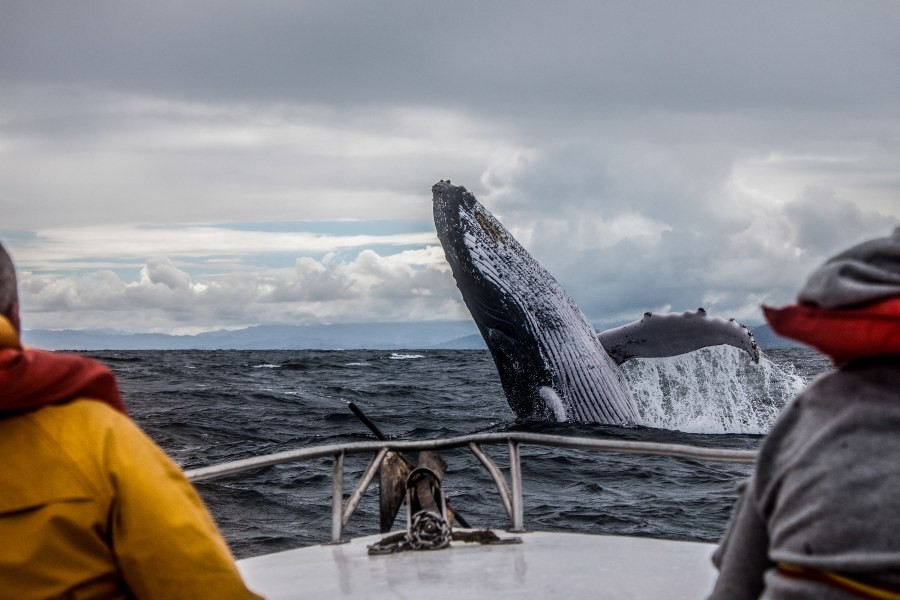
What’s the importance of Indigenous tourism
As a result of an increase in interest, “Indigenous tourism in Canada continues to mature and has proven to be a major economic and cultural driver for Indigenous communities across Canada.”
Remarkably, “in early 2020 there were a reported 1,900 Indigenous tourism businesses employing 40,000 workers and generating $1.9 billion of direct GDP contributions to the Canadian economy”.
According to the UNTWO’s Recommendations on Sustainable Development of Indigenous Tourism, it “spurs cultural interaction and revival, bolsters employment, empowers local communities, especially women and youth and encourages tourism product diversification, allows people to retain their relationship with the land and nurtures a sense of pride.”
What could be more beneficial to a community and industry than that?
Cultural tourism injects revenue into local communities. In addition, when managed thoughtfully and sustainably, it boosts confidence and knowledge-sharing among tourism workers.
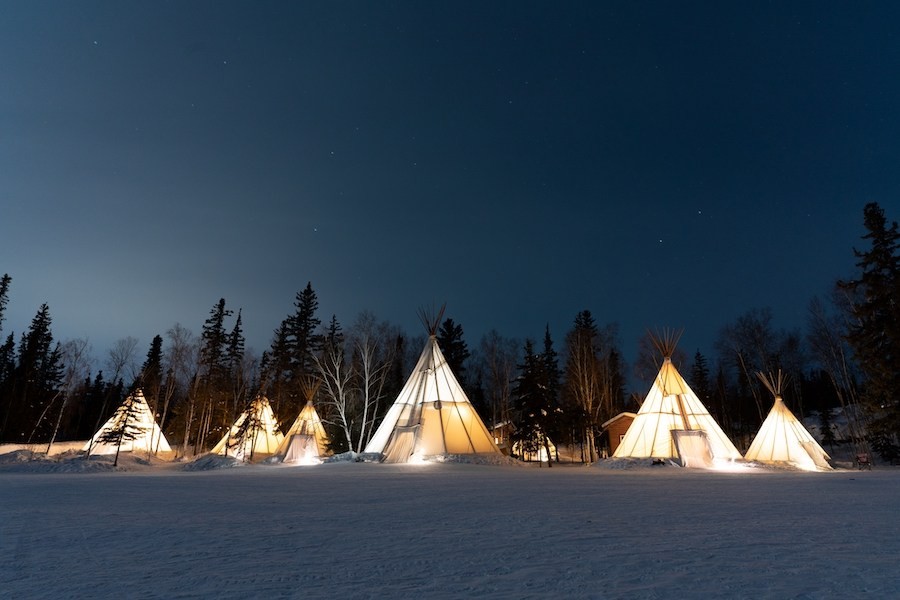
How ITAC supports Indigenous operators
Established in 2009, the Indigenous Tourism Association of Canada (ITAC) includes over 20 Indigenous tourism industry organizations across Canada.
Through a variety of tactics, including advisory councils, conferences and training opportunities, “the purpose of the Indigenous Tourism Association of Canada (ITAC) aims to improve the socio-economic situation of Indigenous people within the 10 provinces and 3 territories of Canada.”
As shared within the Aboriginal Cultural Tourism Business Planning Guide Indigenous operators can evaluate the best approach for developing their individual tour business.
To ensure an authentic experience, Indigenous operators should consider how they’re involved in:
- Carefully developing products
- Clarity in industry, learning about cultural tourists
- Creating culturally authentic experiences
- Connecting with the community’s ‘culture keepers’ and Elders
- Meeting guests expectations through staff training and excellent hospitality
- Designing and maintaing an effective web and social media presence
- Developing personal support networks
ITAC focuses on connecting local tourism companies with practical technology applications to sustainably scale Indigenous-owned businesses. Using a variety of online education sessions, networking and in-person workshops, ITAC aims to fast-track the growth opportunities available to Indigenous operators.
How Checkfront is involved with ITAC
In partnership with the ITAC, Checkfront is engaging with a cohort of Indigenous tourism businesses to encourage the adoption of an online booking software.
One example of a success story stems from Spirit Bear Lodge, an eco-tourism lodge that’s based out of Klemtu, B.C offering wildlife tours and multi-day expeditions for guests. Two members of their Marketing and Sales team shared the benefits they’ve seen since implementing Checkfront for their online bookings.
Through education and relationship-building, Checkfront and ITAC are working collectively to showcase the value of online bookings.
Ultimately, we want tourism business owners to feel empowered with the platform they choose. Every empowered Indigenous operator contributes towards a strong, sustainable and supportive Indigenous tourism industry for all.
Want more ideas for growing your tour and activity business?

Subscribe to the Checkfront Newsletter
Read new tips on how to get more bookings every month.

